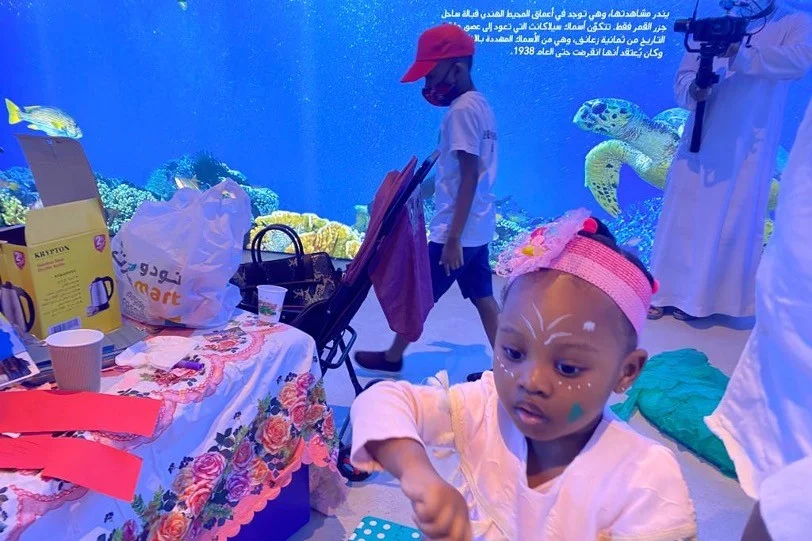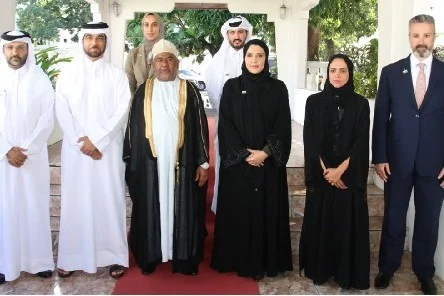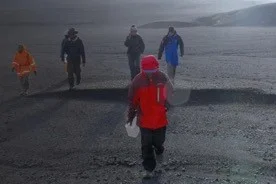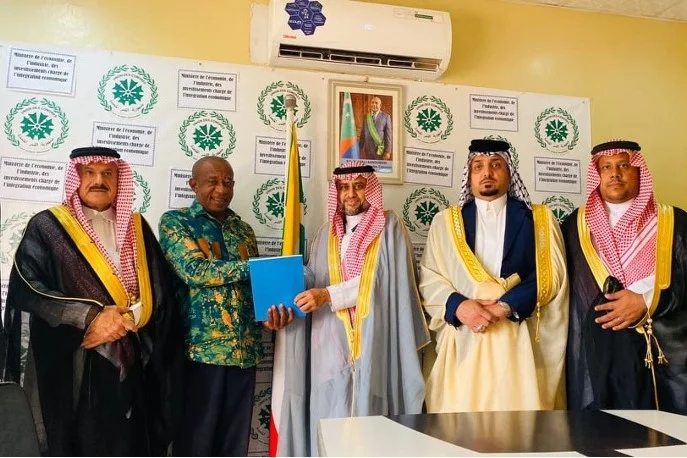Paris Peace Forum: Comoros appeals to the world to enhance cooperation on sustainable management of marine resources
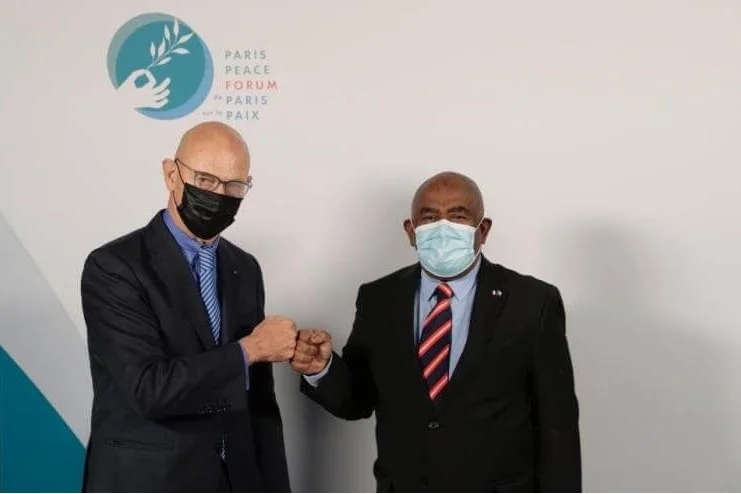
President Ghazali Othman spoke before his counterparts from invited heads of state to the Paris Peace Forum on the topic of “Developing the Blue Economy: A Sea of Sustainable Opportunities.” He defended his country’s desire to make the sea an “opportunity” to attract other developmental sectors. He called for regional and international cooperation to ensure the sustainable management of resources in order to preserve marine ecosystems.
On the sidelines of the fourth Paris Peace Forum, held in the French capital from November 11th to 13th, the Comoros Islands called on participating countries to enhance sustainable management of marine resources. This annual meeting, which has brought together the United Nations, the African Union, African heads of state, international experts, and non-governmental organizations since 2018, aims to be a forum for resetting international policies in the face of challenges such as poverty, climate change, terrorism, human rights, democracy, and global peace.
The guests participate in objective seminars aimed at evaluating the measures taken and the importance of policies and other initiatives taken by regional and international organizations to address common problems. French President Emmanuel Macron emphasized in his opening speech at the forum that “today’s risks are sometimes more worrisome than they were yesterday, and they require us to continue on the path we have tried to follow in order to be more effective and achieve results.”
In front of the heads of state invited to the Paris Peace Forum and a team of experts, including former Director-General of the World Trade Organization Pascal Lamy, President Ghazali Othman spoke on the topic of “Developing the Blue Economy: A Sea of Sustainable Opportunities.” He defended his country’s desire to make the sea an “opportunity” to attract other developmental sectors. He emphasized that “the COVID-19 pandemic, which deeply affected maritime economic sectors, created an opportunity to establish a clean record and review all our policies. The recovery then forces us to change our perspective because it is no longer a matter of exploitation, but of using these resources differently and sustainably.” He called for reducing the environmental impact of fishing on marine habitats.
The President showed sensitivity to the chaotic exploitation of marine resources, calling for more vigilance and alternatives to ensure the sustainability of blue economy policies. Ghazali Othman said in his speech, “Given that the climate crisis affects the richness of marine biodiversity, we must change course inevitably and develop a sustainable blue economy that combines environmental protection and economic activities for the blue economy.”
He pointed out that “developing the blue economy must be part of a regional and international strategy, which should not overlook the need to protect biodiversity and restore harmonious coexistence between humans and nature.” He called for “taking mitigation and adaptation measures to climate change to ensure better protection of coastal, aquatic, and marine ecosystems and waste management.” President Ghazali called for enhanced cooperation for the regulated management of resources in order to preserve marine ecosystems sustainably. Therefore, “financial institutions willing to assist the blue economy must collaborate better to meet the financing needs to reduce pollution in our seas and support investments in blue innovation.”
National Strategy for the Blue Economy
The “Strategic Framework for a National Policy on the Blue Economy,” developed in 2018, confirms that the Comoros Islands “abound in natural resources, whether rare species with international biodiversity and fame.” However, the country is far from implementing a policy to promote the blue economy due to “insufficient maritime monitoring means” and also “the absence of modern craft-based sectors oriented towards exports” and above all “inadequate infrastructure” for the development needs and promotion of maritime professions.
The National Strategy for the Blue Economy indicates that “the lack of specific economic agreements with countries bordering the Indian Ocean, especially those in East Africa and the islands located in the southwest of the Indian Ocean, poses an obstacle.” The document specifies that the United Comoros Republic will not be able to face the challenges of rapid economic development, considering the shortcomings in material, financial, and qualified human resources. For this reason, the President requested international expertise from Paris “through bridges that enable us to connect our countries to each other, pool costs, and exchange experiences” to enable countries like the Comoros Islands “to achieve sustainable development goals with greater guarantees and build a future that respects nature for future generations.”
 Algeria
Algeria Bahrain
Bahrain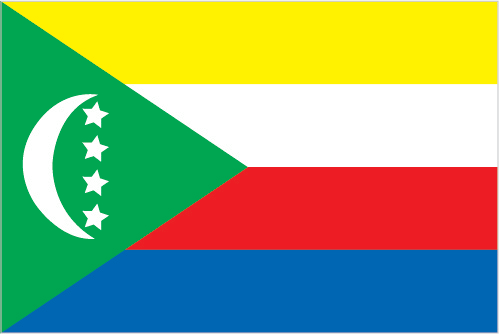 Comoros
Comoros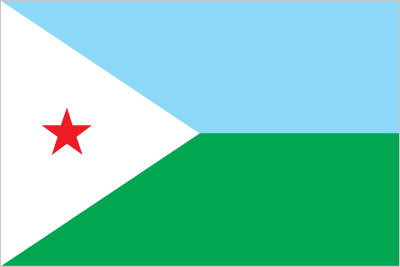 Djibouti
Djibouti Egypt
Egypt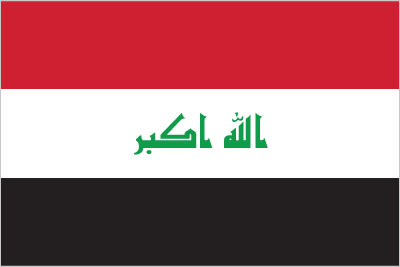 Iraq
Iraq Jordan
Jordan Kuwait
Kuwait Lebanon
Lebanon Libya
Libya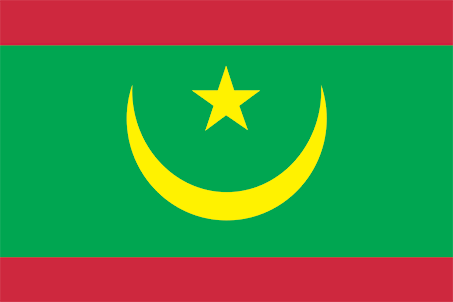 Mauritania
Mauritania Morocco
Morocco Oman
Oman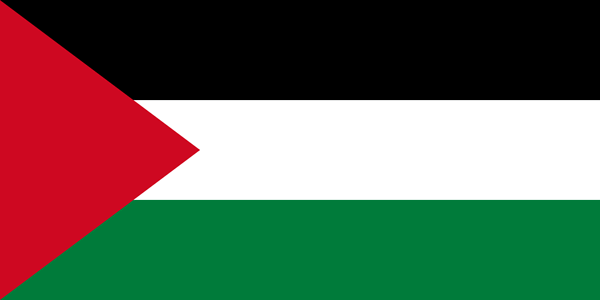 Palestine
Palestine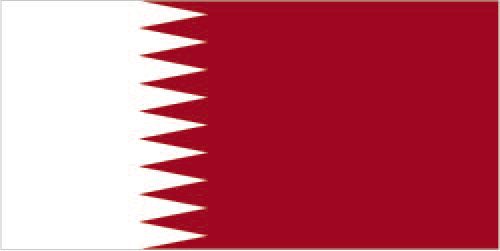 Qatar
Qatar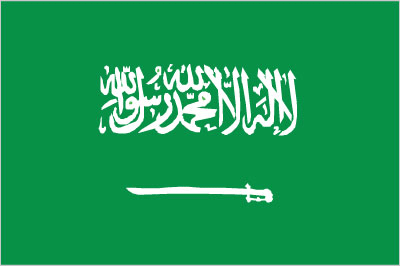 Saudi Arabia
Saudi Arabia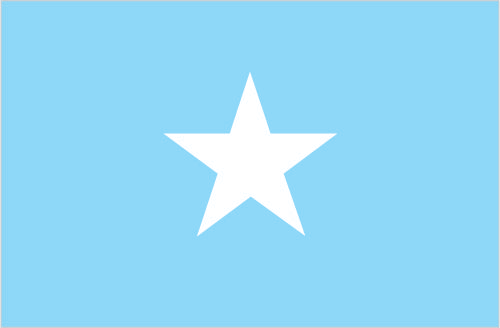 Somalia
Somalia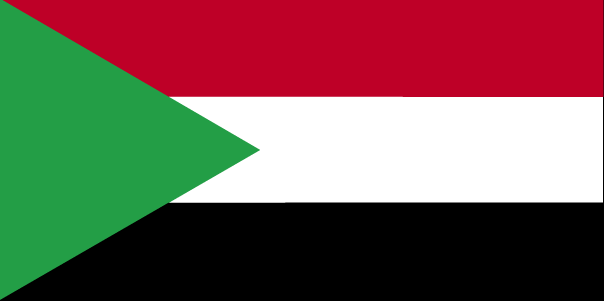 Sudan
Sudan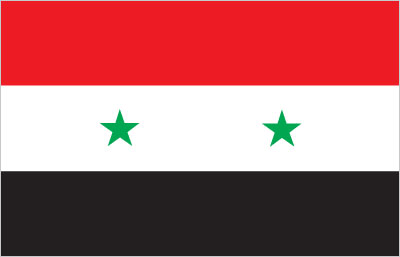 Syria
Syria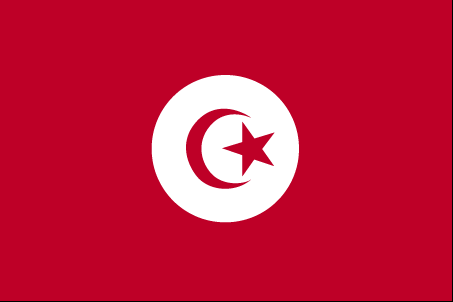 Tunisia
Tunisia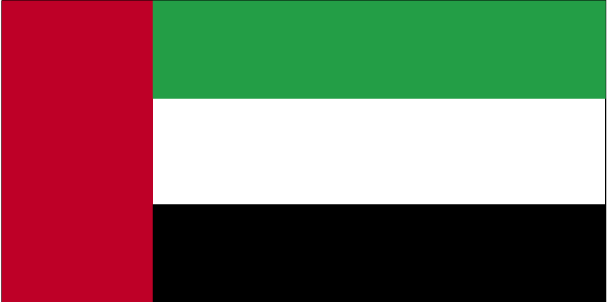 UAE
UAE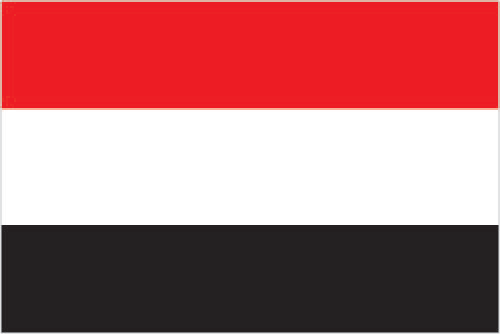 Yemen
Yemen